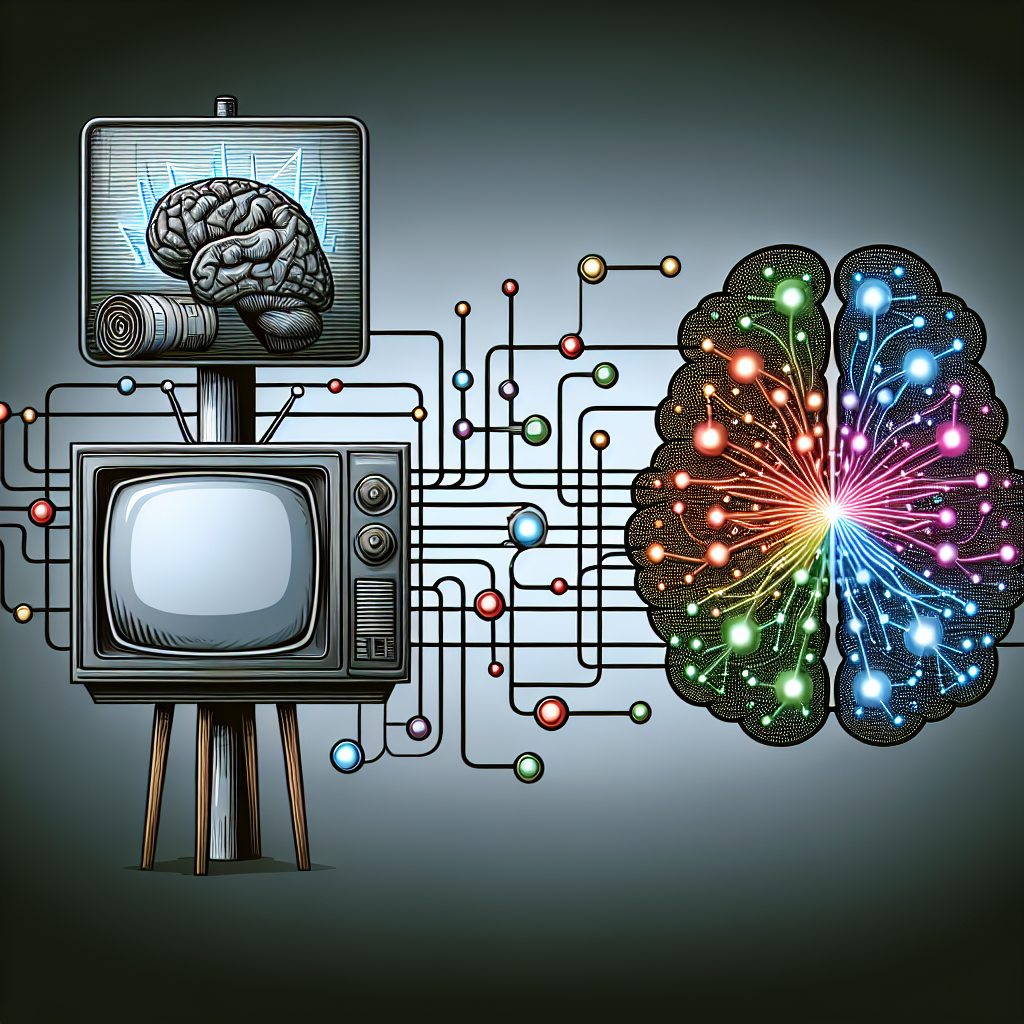Artificial Intelligence (AI) is revolutionizing the way businesses approach marketing. Traditional marketing channels such as television, print, and radio are being transformed by the power of AI to deliver more personalized and targeted messaging to consumers. In this article, we will explore how AI is changing the landscape of traditional marketing channels and how businesses can leverage this technology to reach their target audiences more effectively.
One of the key ways AI is transforming traditional marketing channels is through the use of data analytics. AI algorithms can analyze vast amounts of data in real-time to identify trends, patterns, and consumer behaviors. This data can then be used to create more targeted and personalized marketing campaigns that resonate with consumers on a deeper level. By understanding consumer preferences and behaviors, businesses can tailor their messaging to better meet the needs and desires of their target audience.
Another way AI is transforming traditional marketing channels is through the use of chatbots and virtual assistants. These AI-powered tools can interact with consumers in real-time, providing personalized recommendations, answering questions, and guiding them through the purchasing process. Chatbots and virtual assistants can provide a more personalized and interactive experience for consumers, leading to increased engagement and conversion rates.
AI is also transforming traditional marketing channels through the use of predictive analytics. By analyzing historical data and consumer behavior, AI algorithms can predict future trends and outcomes, allowing businesses to optimize their marketing strategies for maximum impact. Predictive analytics can help businesses identify potential opportunities and threats in the market, allowing them to make more informed decisions and stay ahead of the competition.
One of the most significant ways AI is transforming traditional marketing channels is through the use of personalized recommendations. AI algorithms can analyze consumer data to create personalized product recommendations based on individual preferences and behaviors. This can help businesses increase sales and customer loyalty by delivering more relevant and targeted messaging to consumers.
In addition to personalized recommendations, AI is also transforming traditional marketing channels through the use of dynamic pricing. AI algorithms can analyze market trends, competitor pricing, and consumer behavior to optimize pricing strategies in real-time. This can help businesses maximize revenue and profitability by adjusting prices based on demand and competition.
AI is also transforming traditional marketing channels through the use of image and voice recognition technology. AI algorithms can analyze images and videos to identify products, logos, and other visual elements, allowing businesses to create more targeted and personalized marketing campaigns. Voice recognition technology can also be used to create more interactive and engaging marketing experiences, allowing consumers to interact with brands through voice-activated devices.
Overall, AI is transforming traditional marketing channels by enabling businesses to deliver more personalized, targeted, and engaging messaging to consumers. By leveraging the power of AI, businesses can optimize their marketing strategies, increase sales and customer loyalty, and stay ahead of the competition in today’s digital marketplace.
FAQs:
1. How can businesses leverage AI to improve their marketing strategies?
Businesses can leverage AI to improve their marketing strategies by analyzing data, creating personalized recommendations, using chatbots and virtual assistants, and optimizing pricing strategies in real-time.
2. What are some examples of AI-powered marketing tools?
Some examples of AI-powered marketing tools include chatbots, virtual assistants, predictive analytics software, image and voice recognition technology, and personalized recommendation engines.
3. How can AI help businesses stay ahead of the competition in the digital marketplace?
AI can help businesses stay ahead of the competition by analyzing consumer data, predicting market trends, optimizing pricing strategies, and creating more personalized and targeted marketing campaigns.
4. What are some of the challenges businesses may face when implementing AI in their marketing strategies?
Some challenges businesses may face when implementing AI in their marketing strategies include data privacy concerns, the need for specialized skills and expertise, and the potential for bias in AI algorithms.
5. How can businesses measure the effectiveness of their AI-powered marketing campaigns?
Businesses can measure the effectiveness of their AI-powered marketing campaigns by tracking key performance indicators such as conversion rates, engagement levels, customer feedback, and return on investment.

